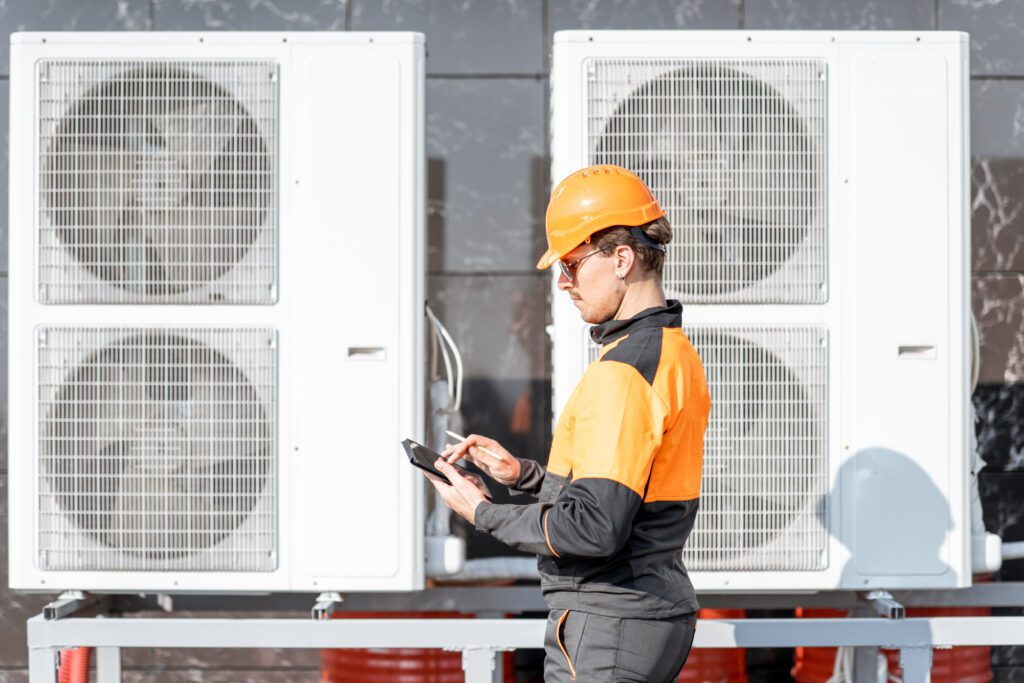Effective heating, ventilation, and air conditioning (HVAC) systems are essential for comfort and safety in homes and businesses throughout Martinsburg, WV. Regular professional maintenance of these systems not only enhances efficiency but also prolongs their lifespan. In this article, we will explore the various aspects of HVAC systems, the role of maintenance, common issues, and the economic benefits of keeping your HVAC system in top shape.
Understanding HVAC Systems
HVAC systems are complex networks that play a crucial role in regulating indoor climate. An understanding of these systems is fundamental to appreciating the importance of regular maintenance. These systems typically encompass components designed for heating, cooling, and ventilation to ensure your living spaces are comfortable throughout the year.
Basic Components of HVAC Systems
The primary components of an HVAC system include the furnace or heat pump, air conditioner, ducts, and thermostats. Each part serves a distinct purpose in ensuring that indoor air is adequately heated, cooled, and circulated.
The furnace or heat pump is responsible for generating heat in the winter months, while the air conditioning unit cools the air during warmer seasons. Ducts distribute airflow throughout the building, and thermostats provide homeowners with the means to control the desired temperature. Additionally, modern HVAC systems may incorporate advanced features such as variable-speed fans and smart thermostats, which can optimize energy usage and enhance comfort levels by adjusting to the specific needs of the household.
How HVAC Systems Work
An HVAC system operates through a series of processes that include heating or cooling the air and moving it through the building. In heating mode, the furnace heats air that then flows through ducts and vents to warm each room. Conversely, in cooling mode, the air conditioner cools humidity-laden air, which is then circulated to lower indoor temperatures.
Ventilation plays a key role in maintaining air quality by facilitating the exchange of indoor and outdoor air, thus removing stale air and introducing fresh air. This process is vital not only for comfort but also for health, as it helps to reduce indoor pollutants and allergens. Many systems now include air filtration components that capture dust, pollen, and other particulates, further improving indoor air quality. Understanding this framework highlights the need for regular maintenance to ensure all components function efficiently. Regular inspections can identify potential issues before they escalate, ensuring that your HVAC system operates smoothly and efficiently, ultimately saving you money on energy bills and prolonging the lifespan of the equipment.
The Role of Professional HVAC Maintenance
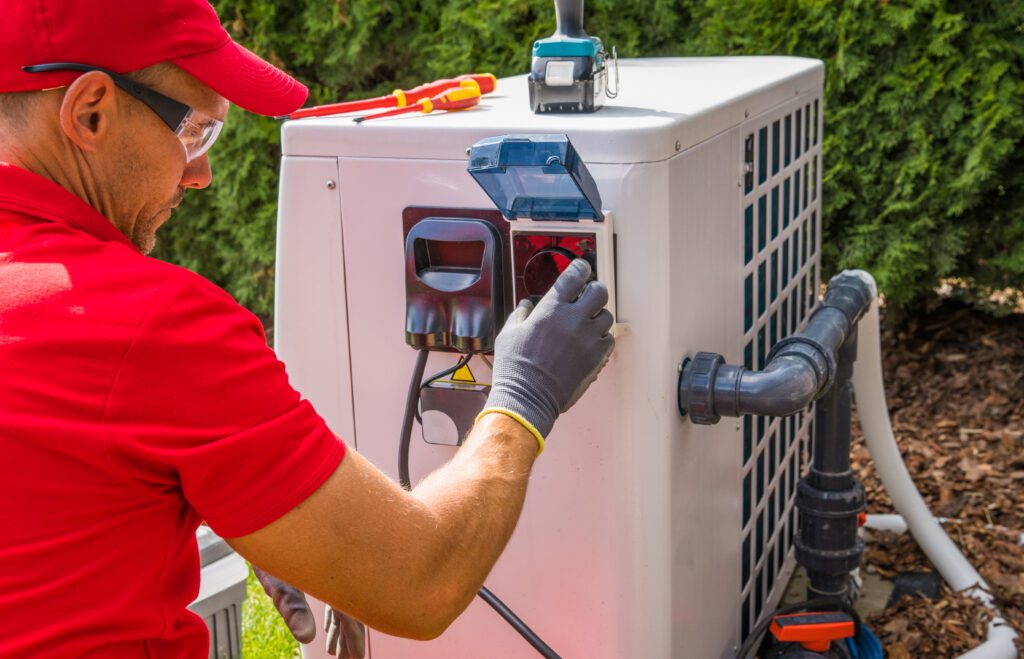
Professional HVAC maintenance is vital for ensuring that your system runs smoothly and efficiently throughout the year. Regular maintenance can prevent unexpected failures and extend the life of your system.
Ensuring System Efficiency
One of the primary goals of HVAC maintenance is to promote system efficiency. When appliances are not running optimally, they consume more energy, leading to higher utility bills. A certified technician can fine-tune the system, clean the components, and make necessary adjustments to improve efficiency.
Regular checks on refrigerant levels, ductwork health, and airflow patterns also aid in ensuring that energy is not wasted. Many equipment issues can be detected during maintenance visits, preventing minor problems from escalating into major repairs.
Moreover, an efficient HVAC system contributes to a more comfortable indoor environment. By maintaining optimal temperature and humidity levels, you can enhance the overall air quality in your home or office. This is particularly important for individuals with allergies or respiratory issues, as a well-maintained system can filter out pollutants and allergens, creating a healthier living space.
Prolonging the Lifespan of Your HVAC
Another crucial benefit of professional maintenance is the extension of your HVAC system’s lifespan. Repeated neglect can lead to a series of breakdowns, requiring costly replacements. By investing in regular maintenance, you can keep your system functioning well for many years.
Technicians often replace worn filters, lubricate moving parts, and inspect the condition of all components. These practices reduce wear and tear, allowing your HVAC system to serve you efficiently over a longer period. Prolonging the life of your system also reduces the environmental impact caused by manufacturing new units.
In addition to routine maintenance, seasonal tune-ups are essential for preparing your HVAC system for the demands of changing weather. For instance, before the summer heat sets in, a thorough inspection can ensure that your air conditioning unit is ready to handle the increased workload. Similarly, a pre-winter check can help identify potential issues with heating systems, ensuring that your home remains warm and comfortable during the colder months. By proactively addressing these seasonal challenges, you can avoid emergency repairs and maintain a consistent indoor climate year-round.
Common HVAC Problems in Martinsburg, WV
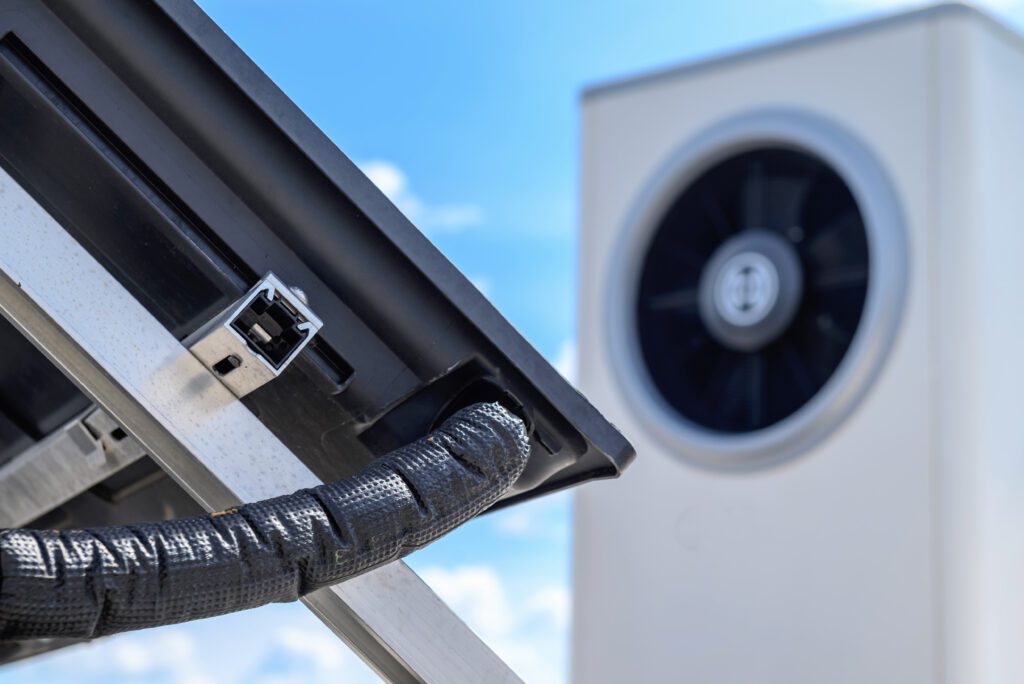
Residents of Martinsburg, WV, often encounter specific HVAC issues due to the local climate and common wear-and-tear factors. Early detection through professional maintenance can help mitigate many of these problems.
Weather-Related HVAC Issues
Martinsburg experiences harsh winters and hot summers, which places a heavy demand on HVAC systems. During winter, systems may suffer from frozen condensate lines or damaged components due to cold temperatures. Similarly, summer months can lead to refrigerant leaks or overheating from excessive use.
Professional inspections can uncover these vulnerabilities and allow for timely repairs. When outdoor conditions fluctuate, ensuring that HVAC systems are robust can guard against unforeseen breakdowns. Additionally, homeowners should be aware of the importance of proper insulation and sealing around windows and doors, as this can significantly affect the efficiency of their HVAC systems. Poor insulation can lead to increased energy bills and unnecessary strain on the system, making it essential to address any gaps or leaks promptly.
Age and Wear-and-Tear Concerns
As HVAC systems age, they become more prone to various issues. Components like motors, compressors, and other critical parts may degrade after years of operation. Regular maintenance can help identify potential problems associated with age.
Older systems may also struggle to operate efficiently, making maintenance even more critical. Technicians can provide insights on whether repairs are sufficient or if a replacement is warranted—ensuring that homeowners are not caught off guard by sudden system failures. Moreover, the efficiency of older units can lead to higher energy consumption, which not only impacts the environment but also inflates utility costs. Homeowners might consider upgrading to newer, more energy-efficient models that comply with modern standards, which can offer significant savings over time and improve overall comfort levels in the home.
The Process of Professional HVAC Maintenance
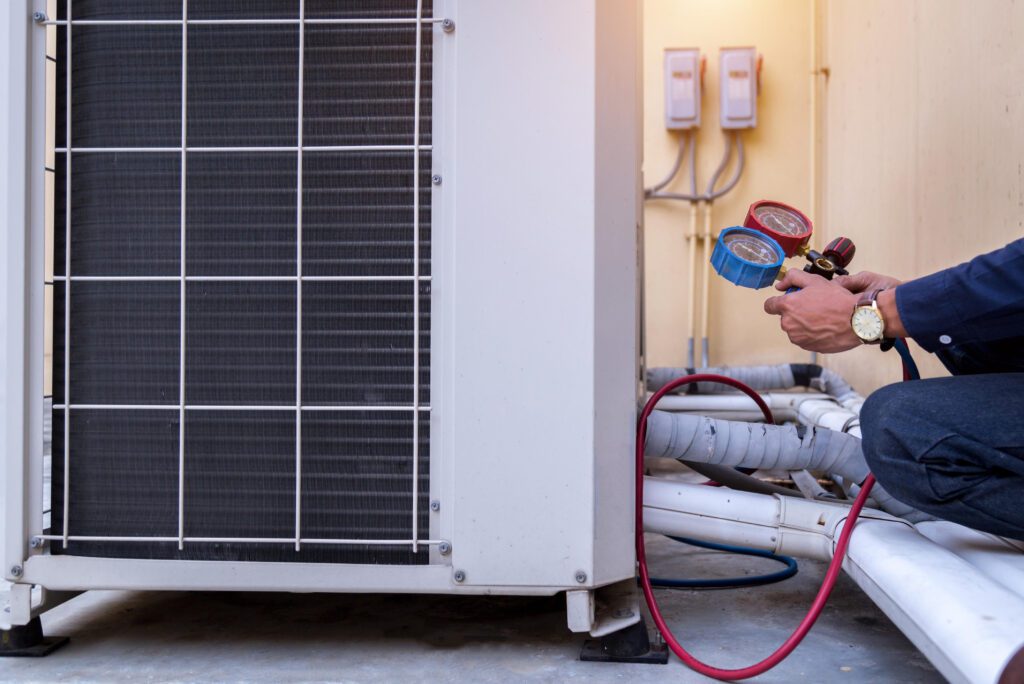
Scheduling professional HVAC maintenance involves key steps that ensure thorough checking and comprehensive service. Generally, a typical maintenance visit encompasses a series of inspections and tasks to keep your system in optimal condition.
Regular Inspection and Cleaning
During a maintenance visit, the technician will perform regular inspections of your HVAC system’s components. This includes checking electrical connections, testing operational controls, and examining the overall physical condition of the equipment.
Cleaning is also paramount. Dirty filters, coils, and blowers can impede efficiency and airflow. Technicians will replace or clean filters, ensuring that air quality remains high and system performance is unaffected. This diligence not only enhances system longevity but also improves the comfort of indoor environments. Furthermore, a clean HVAC system operates more efficiently, which can lead to lower energy bills—a significant benefit for both residential and commercial property owners. Regular cleaning also helps to prevent the buildup of allergens and pollutants, contributing to a healthier indoor atmosphere.
Repair and Replacement of Parts
Should the inspection reveal any faulty components, the technician will recommend repairs or replacements. This may involve replacing worn-out parts such as belts, motors, or even the thermostat.
Taking a proactive approach to minor repairs during maintenance can prevent larger, more expensive problems later on, fostering peace of mind for homeowners and business owners alike. Additionally, technicians often provide insights into the expected lifespan of various components and suggest the best practices for usage and care. This knowledge empowers clients to make informed decisions about their HVAC systems, ensuring they remain efficient and effective for years to come. Regular maintenance not only safeguards the investment in the HVAC system but also enhances its performance, leading to a more consistent and comfortable climate control experience throughout the year.
The Economic Benefits of Regular HVAC Maintenance
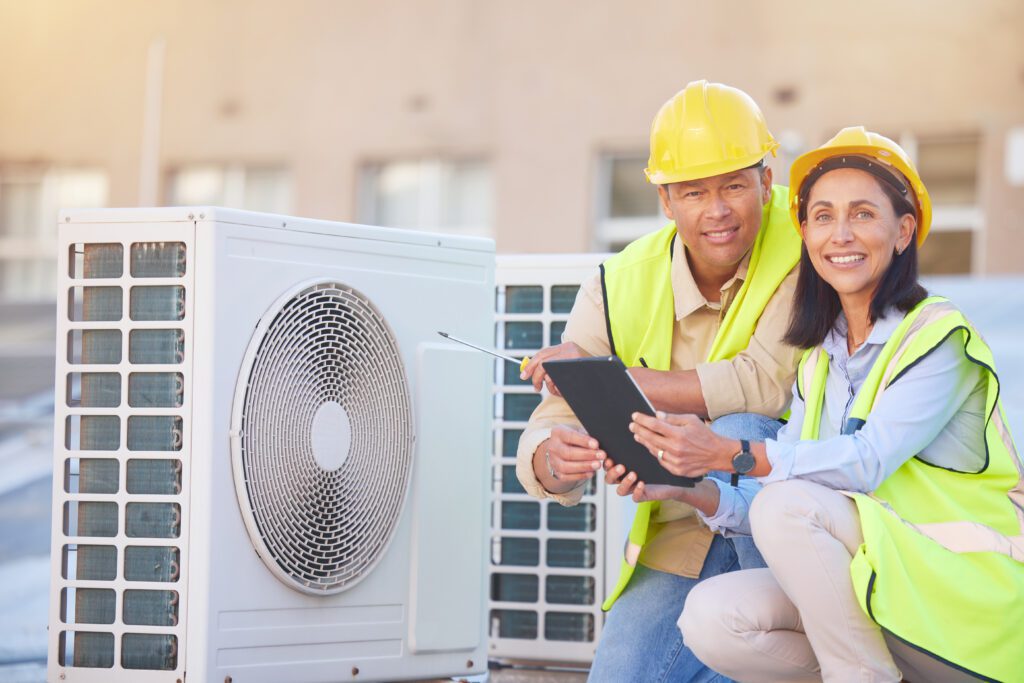
Investing in professional HVAC maintenance not only maintains comfort but also provides significant economic advantages. By ensuring systems run well, homeowners can expect to see considerable savings over time.
Energy Savings from Efficient Systems
Well-maintained HVAC systems function more efficiently, which leads to reduced energy consumption and lower utility bills. According to industry standards, regular maintenance can help systems operate up to 15% more efficiently.
Many homeowners are pleasantly surprised by how much they can save on their energy bills simply by taking advantage of regular maintenance. In addition to saving money, efficient operation minimizes the environmental impact—making regular maintenance a responsible choice. Furthermore, energy-efficient systems contribute to a reduced carbon footprint, which is increasingly important in today’s eco-conscious society. Homeowners can take pride in knowing that their proactive measures are not only benefiting their wallets but also contributing positively to the planet.
Avoiding Costly Breakdowns and Repairs
Lastly, one of the most significant financial benefits of regular HVAC maintenance is avoiding costly breakdowns and emergency repairs. Unanticipated system failures can disrupt daily life and often require immediate, expensive solutions.
By investing in routine inspections and maintenance, homeowners can identify issues before they escalate, minimizing the risk of breakdowns. This not only preserves comfort but also keeps unexpected expenses at bay, providing a significant return on investment for diligent homeowners. Additionally, many HVAC service providers offer maintenance plans that include discounts on repairs and priority service, further enhancing the financial benefits of regular upkeep. Such plans can provide peace of mind, knowing that your HVAC system is in good hands and that you are prepared for any potential issues that may arise.
Moreover, the longevity of HVAC systems is directly linked to regular maintenance. Systems that receive consistent care tend to last longer, which means homeowners can delay the significant expense of a full system replacement. This long-term perspective not only enhances the value of the home but also ensures that the comfort and efficiency of the living environment are maintained for years to come.

